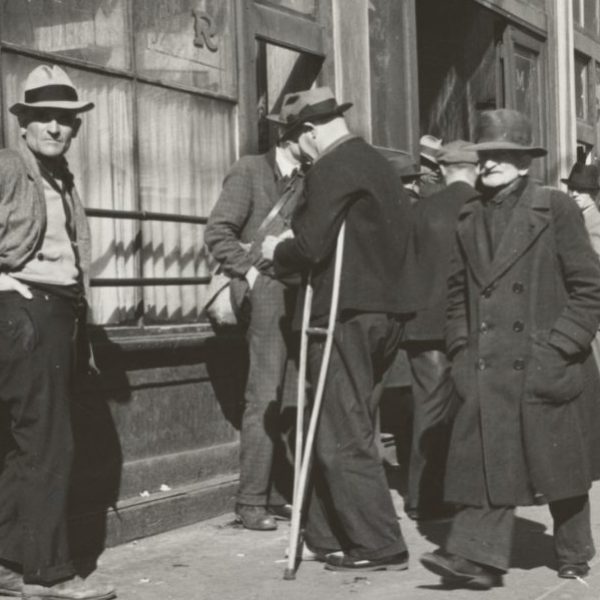Lest We Forget: Women, Work, and Religion
Sarah Underwood—
When I interned at Yale University Press this summer, the other interns and I occasionally joked about how many more young women than men were participating in the program. We knew it was not from a lack of equal opportunity, and I guess we should not have been too surprised. All you have to do is pick up the college-ranking editions of U.S. News & World Report to see that many universities have higher female than male enrollment. And now that I am out in the “real world,” it seems like many of my graduated friends are all equally unemployed or under-employed. I hope my observations mean that even though our nation faces the possibility of a double-dip recessions, our society is improving in other ways. Nevertheless, as Torben Iversen and Frances Rosenbluth point out, working women throughout the world still face extensive gender inequality. Even women who never have children face the same discrimination as women with children. In their book, Women, Work, & Politics: The Political Economy of Gender Inequality, the authors set out unravel the “puzzle” of patriarchy while debunking misconceptions about factors that contribute to the gender gap.
 When we think of patriarchy, we tend to think of the cultural rules that keep the gender-stratified system functioning. Iversen and Rosenbluth argue, however, that cultural norms alone cannot create a male-dominated society. In our early history, the most efficient economic systems mandated gender roles. In hunter-gatherer societies, women gathered up to three-quarters of the food supply, which meant that they had bargaining power within the community. The shift to agriculture and personal property created a much more obvious gender inequality. The “[c]ultural and religious precepts that relegated women primarily to household work…encoded the wisdom of the ages,” because belief systems originated in the practical needs of the family. Women were not entirely powerless, however, and the authors note, “marriage in most cultures became a sacred institution, and that there were strong norms against abandoning wife and children.” Religions had to safeguard a system already meant to ensure humans’ survival.
When we think of patriarchy, we tend to think of the cultural rules that keep the gender-stratified system functioning. Iversen and Rosenbluth argue, however, that cultural norms alone cannot create a male-dominated society. In our early history, the most efficient economic systems mandated gender roles. In hunter-gatherer societies, women gathered up to three-quarters of the food supply, which meant that they had bargaining power within the community. The shift to agriculture and personal property created a much more obvious gender inequality. The “[c]ultural and religious precepts that relegated women primarily to household work…encoded the wisdom of the ages,” because belief systems originated in the practical needs of the family. Women were not entirely powerless, however, and the authors note, “marriage in most cultures became a sacred institution, and that there were strong norms against abandoning wife and children.” Religions had to safeguard a system already meant to ensure humans’ survival.
So how have the economics of gender changed? Iversen and Rosenbluth find some surprising answers as they show us that the gender gap still exists. For example, one might expect women living in cultures that offer them the fewest opportunities outside the home to have the highest levels of fertility in the world. If their only job is having babies, shouldn’t we expect these women to be producing “Irish twins”? (Since we all know stay-at-home mothers have absolutely nothing to do but sit around in slippers eating bon-bons all day?) Actually, in countries such as Japan and Italy, where there is a “low demand for female labor and high divorce barriers,” fertility is actually quite low. Even more fascinating, what the authors refer to as a “kind of fertility ‘strike’” occurs even in strongly Catholic nations.
In fact, religion has less of an impact on the division of household labor than we might expect. The authors recognize that religion can correlate with “perceptions of appropriate gender roles,” reinforcing the stratifications that already exist within the economic system and the family unit. In these situations, women’s work is cleaning up after their kids rather than cleaning up after their bosses, so it would make sense that they have the larger share of household work. Women who come from religious families are also “somewhat less likely to be in paid employment.” Even so, the effects of religion on gender roles within the household are “small and rarely significant.” With women trapped in a cycle of unequal division of labor, religion becomes one of the less important cultural norms, of which there are plenty, keeping them in this cycle.
Sarah Underwood is a graduate of the College of William and Mary and a former Yale University Press intern. Her column, Lest We Forget, appears on the Yale Press Log.



